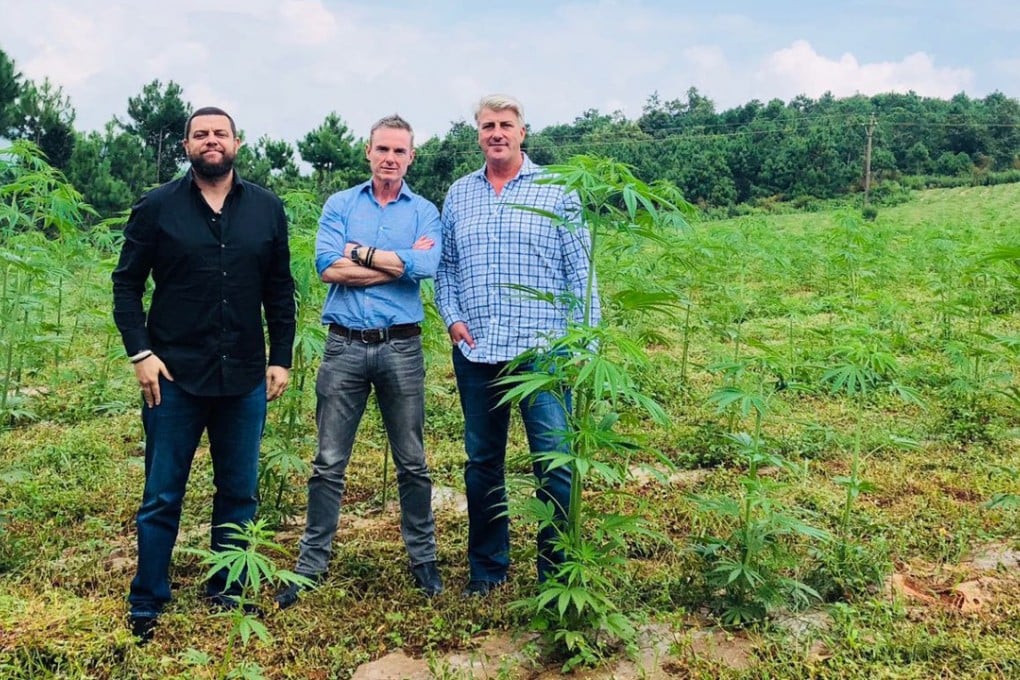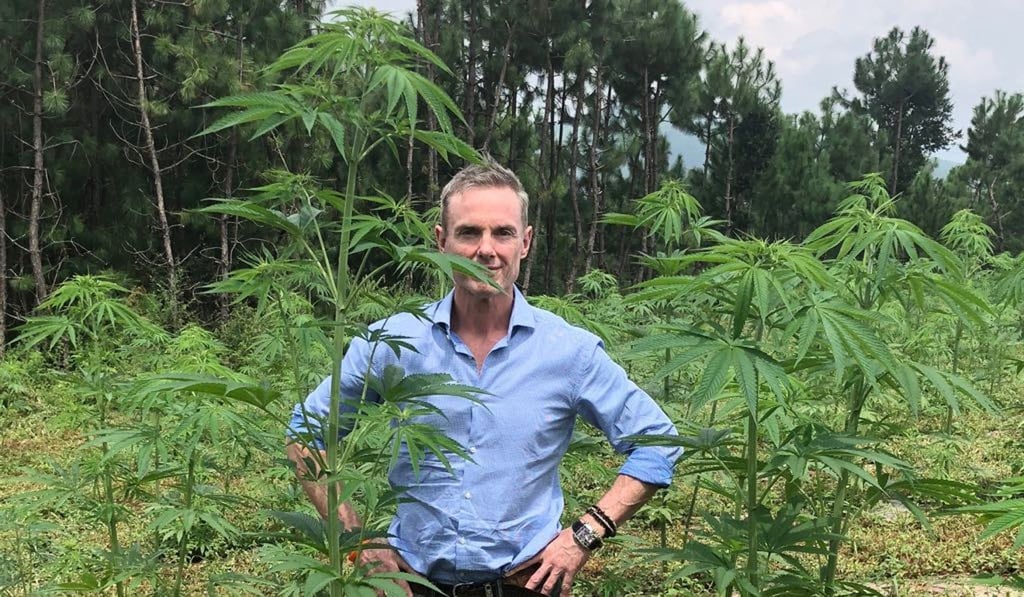These guys deal with cannabis in Singapore – and don’t feel paranoid
- Trafficking drugs in the Lion City carries a death sentence – but that hasn’t stopped industrial grower and biotech firm CannAcubed from setting up there
- It is hoping to cash in on hemp’s value as an agricultural commodity, with a global industrial market projected to be worth US$10.6 billion by 2025

Since May, Singapore has hosted the global headquarters of CannAcubed, an industrial cannabis grower whose operations are mostly located in Yunnan, China. CannAcubed specialises in the cultivation of industrial cannabis, or hemp – strains of cannabis with less than 0.3 per cent of the psychoactive substance tetrahydrocannabinol (THC). In China, cannabis is illegal but government permits allow hemp growers to operate in Yunnan.
“We export CBD into Europe and other northern markets,” said CannAcubed CEO Glenn Davies, referring to cannabidiol, a non-psychoactive relaxant. “Then there’s the domestic focus on China, with hemp textiles and garments. Third, we are developing our own seed bank.”

Eventually CannAcubed hopes to develop a strain of cannabis that contains no THC at all.
Hemp, which provides similar fibres to trees but grows more quickly, is increasingly seen as an up-and-coming agricultural commodity. The global industrial hemp market is projected to be worth US$10.6 billion by 2025, according to a report by Grand View Research. The plant draws upon a rich tradition in East Asia. In China, Korea and Japan, hemp fibres were used to make clothing, bowstrings and paper, among other products.